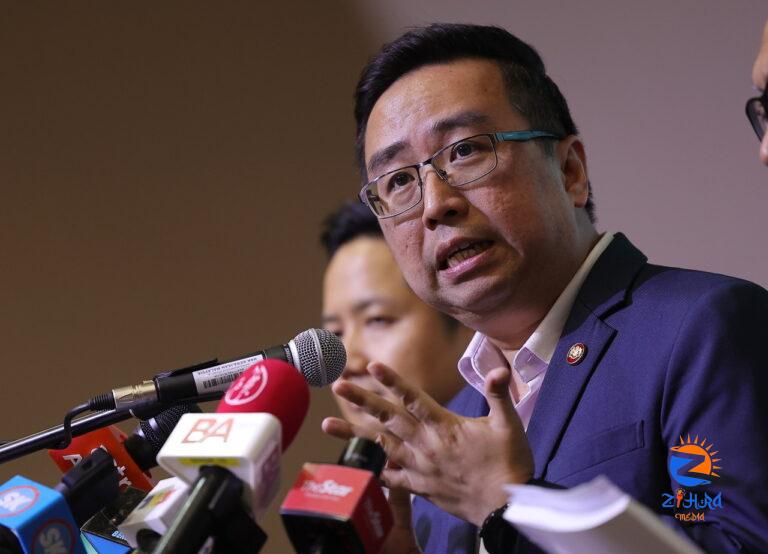
[ad_1]

Science, Technology and Innovation Minister Chang Lih Kang said it is vital to attract investments towards green hydrogen production, distribution and application to unlock the hydrogen economy. – Bernama photo
KUALA LUMPUR (June 8): Malaysia is well positioned to harness its potential as a leading producer of green hydrogen as it strives to be a leading hydrogen economy by 2050, said Science, Technology and Innovation Minister Chang Lih Kang.
He said it is vital to attract investments towards green hydrogen production, distribution and application to unlock the hydrogen economy.
Welcoming Chinese green foreign direct investment to Malaysia, the minister said their contributions would make green energy technologies more affordable and accessible to all, thereby facilitating Malaysia’s transition to a low-carbon economy.
“One key area of collaboration between Malaysia and China lies in developing green hydrogen, a clean energy source applicable across sectors like transportation and electricity generation.
“Given the declining costs of solar and wind power generation, there’s a tangible opportunity for commercial scale-up of green hydrogen production and the development of its associated supply chain,” he told reporters after delivering the keynote address at the Belt and Road Initiative (BRI) 10th Anniversary Nationwide Tour here today.
Chang and the Chinese Ambassador to Malaysia, Ouyang Yujing, officiated the event.
Jointly organised by the Southeast Asia Research Centre for Humanities and the Centre of Regional Strategic Studies, the event also saw the signing of a letter of intent to establish a strategic partnership on science, technology and innovation under the BRI.
Meanwhile, Chang said collaborations between Malaysia and China under the BRI, encompassing investments, research and development, and technology transfer, can be vital in driving innovation and addressing related challenges.
He said such collaborations could help bridge the digital divide, boost productivity, support capacity building and foster economic development, thereby encouraging entrepreneurship and job creation.
“Another promising area for collaboration between Malaysia and China is food security. With China’s notable advancements in agricultural technology, such as precision farming, agricultural machinery and crop breeding techniques, joint efforts can enhance agricultural productivity, bolster food security and promote sustainable farming practices.
“This cooperation would be particularly beneficial in regions where agriculture underpins the economy and livelihoods,” he added. – Bernama
[ad_2]